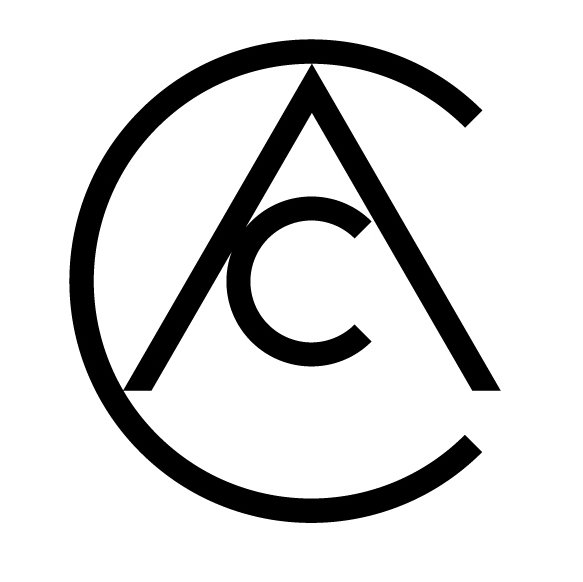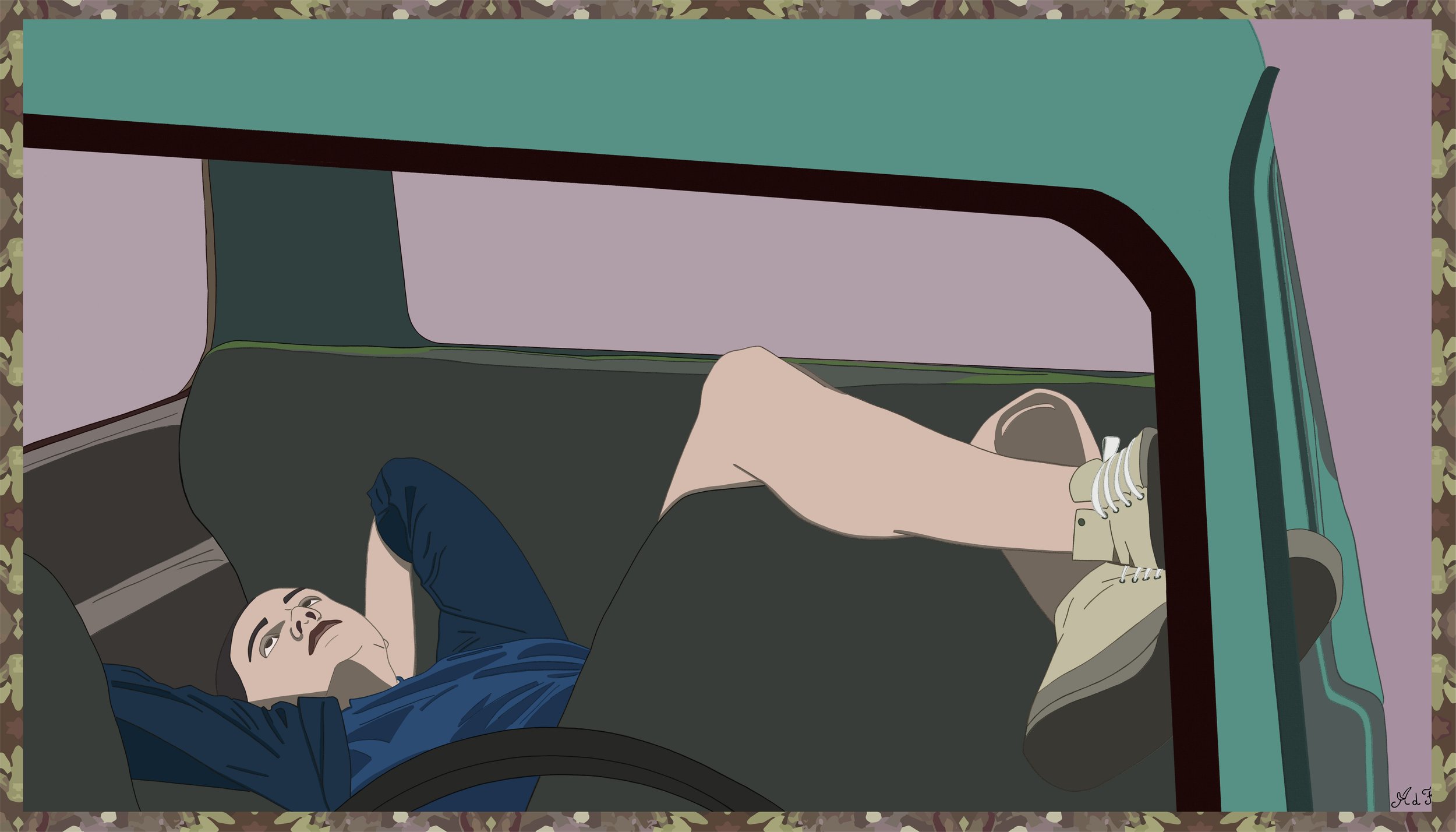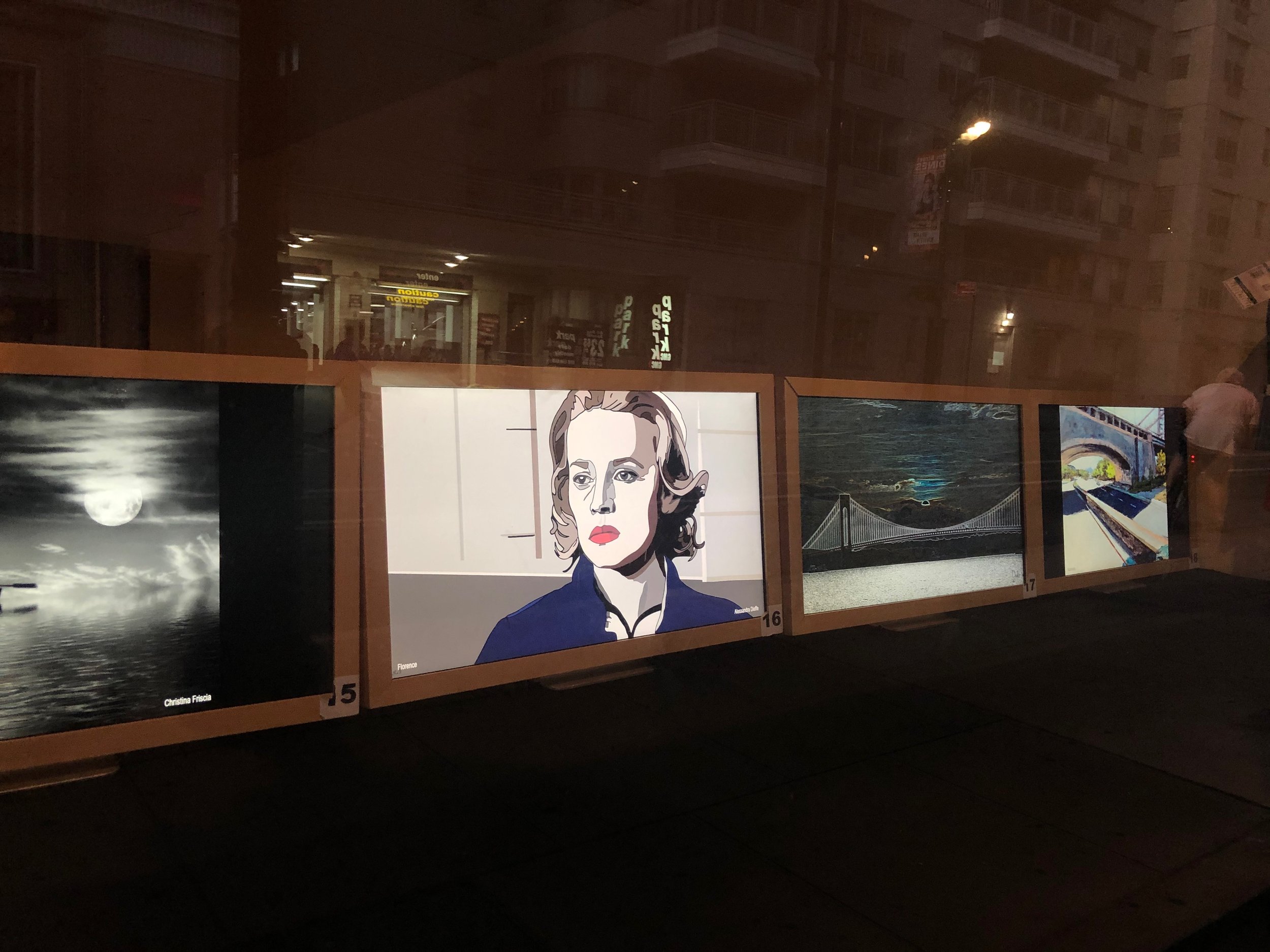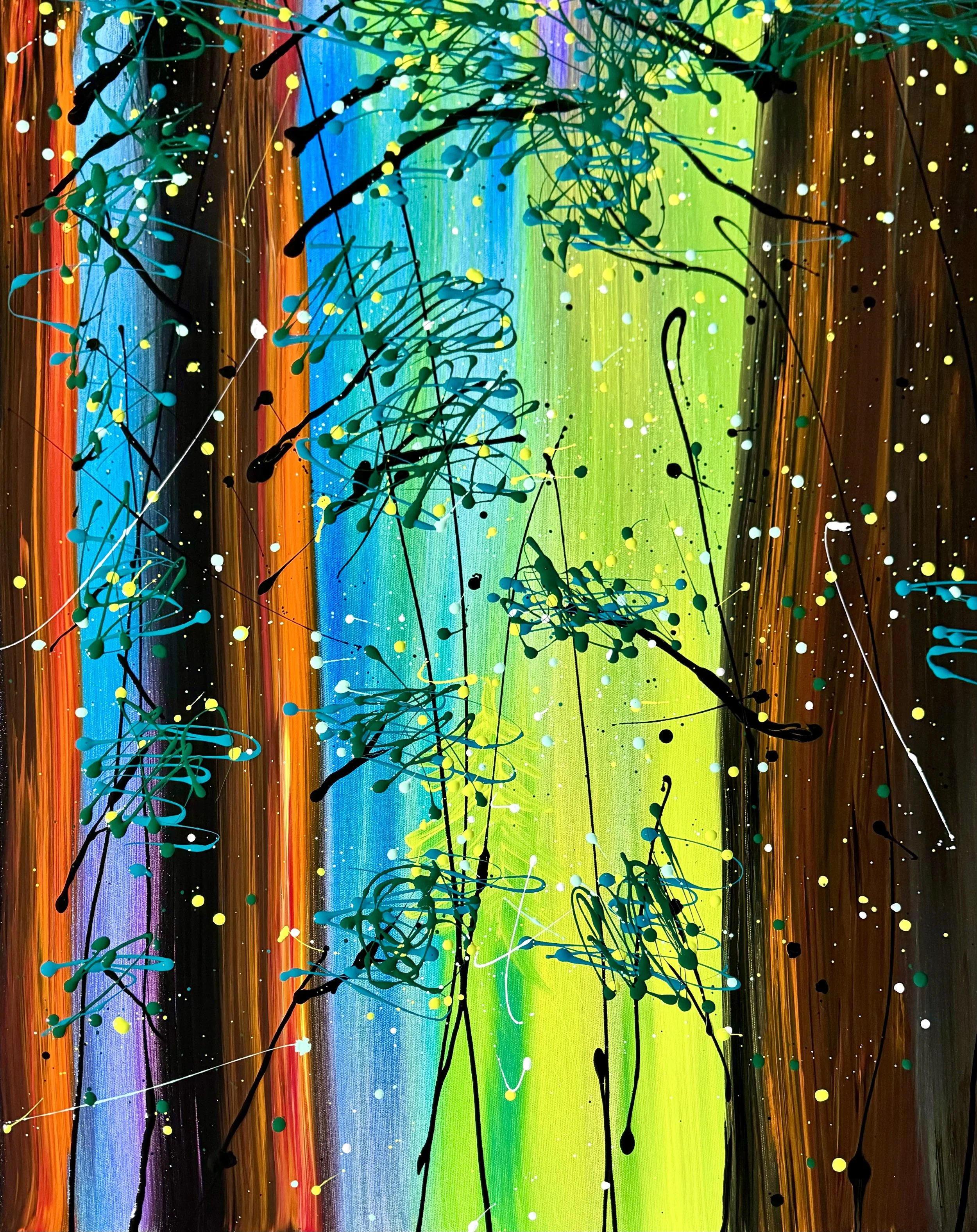Interview with Alessandra Dieffe
Your thesis in History and Criticism of Cinema suggests a deep connection with film from early on. How has your academic background in Sociology and Cinema influenced your approach to digital art?
Digital art is a contemporary art form that immediately fascinated me. With time I increased the knowledge of this artistic form and I chose to represent my academic background and everything that has stratified over the years, during my personal learning path. This choice happened spontaneously and naturally.
What motivated your shift from traditional drawing methods to exploring new technologies and digital art? Was there a pivotal moment or experience that catalyzed this transition?
The transition from the traditional drawing technique to digital art and new technologies was motivated by the wide range of instruments available, from possibility of experimenting, correcting, modifying up to what is planned. I don't know what was the pivotal moment, I can only say that it wasn't traumatic but exciting.
Cinema plays a significant role in your work. Could you share some specific films or directors that have profoundly influenced your artistic vision?
There are no specific films or directors that have influenced my art. My academic education has roots in cinema of the last century and, therefore, the vision and knowledge of the films that have marked the history of cinema have influenced my approach to the seventh art. I learned to choose them with care and awareness and not to enjoy them as pure entertainment.
How do you blend traditional artistic techniques with modern digital tools in your creative process? Can you describe how these two worlds converge in your work?
Traditional techniques mix with digital instruments in the early stages when I start to create the project, to gather ideas, to give life to what I want to represent following my mental flow.
Your work aims to understand the complexities of today's society through mass media. How do you choose the subjects or themes for your art to reflect this goal?
It is not necessary to make a choice because some issues impose themselves strongly because of their scope, their civil, humanitarian and social significance. The works in question are those dedicated to the problem of immigration, of pandemic, of conflicts in the world, that is, wars, and with a look at the past, the conquest of women's suffrage.
Your artist statement mentions the 'deepest aspects of the human soul' as a central theme. How do you capture and convey these deep emotional elements in your digital artwork?
This statement refers to more or less known faces that have been portrayed by me. Focusing on the intensity of an expression, on the features of a face allows you to capture what goes beyond the pure exterior.
How has your artistic style evolved since you began, particularly with the influence of new technologies and media?
My style has changed because the tools used have changed. The ones I used initially were radically modified so I had to adapt and rearrange the skills already acquired to a new interface and software with new features.
Winning awards and participating in significant exhibitions must have been pivotal moments. How have these achievements influenced your career and artistic direction?
The most important moments of my career were the awards received because they were very rewarding and encouraged me to go on. They represented unexpected and surprising stages that I hope will lead me towards greater visibility.
Looking ahead, are there new themes or technologies you are eager to explore in your future projects?
In fact, the exploration of new themes has been underway for some time, in particular I have been interested in some years of floral patterns that I create with a specific application. I published a site where I inserted some of them and I participated with good success to the sixth and seventh "Patterns, Textures & Formes Art Exhibition". Some of them I used with background of some artworks.














